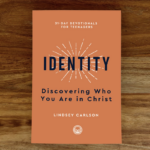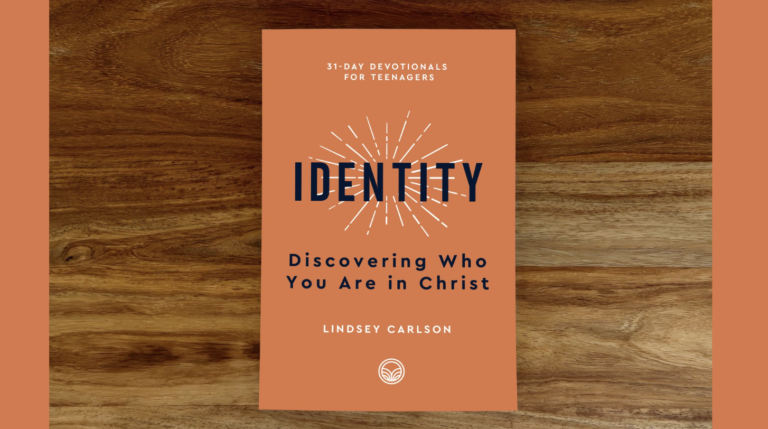 Yesterday morning brought the news of Elisabeth Elliot’s homecoming. As I read the report, tears filled my eyes, both from sadness and thanksgiving. I feel as though a mentor has slipped away, and yet, I rejoice that her rest has come.
Yesterday morning brought the news of Elisabeth Elliot’s homecoming. As I read the report, tears filled my eyes, both from sadness and thanksgiving. I feel as though a mentor has slipped away, and yet, I rejoice that her rest has come.
My first introduction to Elliot’s writing came in high school when a friend passed along a copy of Passion and Purity. I read Through the Gates of Splendor during my freshman year of college and from that moment on, her writings walked alongside me, challenging and shaping my views on contentment, missions, femininity, work, theology, and suffering.
In the days before blogging, she produced a newsletter. I eagerly awaited getting mine every couple of months, always finding much to glean from her wisdom. She wove theology and life together in a way that spoke to both my heart and mind. And, yes, I’ve still kept her newsletters after all these years!
Elliot introduced me to Matthew Henry, Amy Carmichael, Corrie Ten Boom, Thomas Aquinas, Hudson Taylor, and E.B Pusey. From her I learned the hymns, We Rest on Thee and O Love that Will Not Let me Go, and first heard of the devotional Daily Light.
So powerful was the impact of her words, that I regularly hear phrases from her writings running through my mind:
“Do the next thing” (when feeling overwhelmed with work)
“In acceptance lies peace” (when struggling with circumstances)
“Sometimes we must run aground” (when ministries don’t go as planned)
“See in it a chance to die” (when faced with the cost of discipleship)
“Receive the givens” (choosing thanksgiving as a pathway to joy)
Her advice and wisdom spanned an amazing range of subjects. She wrote of motherhood, loneliness, discernment, current events, singleness, marriage, manhood, womanhood, missions, courtship, sexuality, prayer, ministry, mentoring, suffering, pain, and joy.
As I looked back through her various books, some of the following quotes resonated with me:

On Suffering:
There is no qualitative or quantitative measurement for pain. It is simply there – sharp or dull, shooting or stabbing, bearable or excruciating, local or general, it is unexplained, uninvited, unavoidable.
I was not strong. I was not constant or confident. But I had another much more dependable source of security, one guaranteed forever.
It is a merciful Father who strips us when we need to be stripped, as the tree needs to be stripped of its blossoms. He is not finished with us yet, whatever the loss we suffer, for as we loose our hold on visible things, the invisible become more precious – where our treasure is, there will our hearts be.
On Marriage:
A wife, if she is very generous, may allow that her husband lives up to perhaps eighty percent of her expectations. There is always the other twenty percent that she would like to change, and she may chip away at it for the whole of their married life without reducing it by very much. She may, on the other hand, simply decide to enjoy the eighty percent, and both of them will be happy.
On Thankfulness:
But it is always possible to be thankful for what is given rather than to complain about what is not given. One or the other becomes a habit of life.
On Endurance:
We shall be given shoes of iron. We shall find the unendurable endurable, the impossible possible. The natural processes of change and decay may be unexpectedly retarded to enable us to travel where no roads are visible, no replenishing available.
While discussing femininity, Elliot noted that, “the importance of a thing was in direct ratio to the difficulty of defining it.” She readily embraced the splendor of God’s design, and as a beautiful example, she put flesh on what it means to be a woman. She displayed bravery, strength, dignity, wisdom, theological insight, beauty, kindness, truthfulness, and love. Hers was a full-orbed view of womanhood that provided a pathway for me to follow.
In The Shaping of a Christian Family, she wrote the following of her own mother’s death:
We think of her now, loving us with an even greater love, her poor frail mortality left behind, her eyes beholding the King in His beauty. “If you knew what God knows about death,” wrote George MacDonald, “you would clap your listless hands.”
Today, her eyes behold the King. May we clap our listless hands, rejoicing in His redemption, giving thanks for a life well-lived.


















